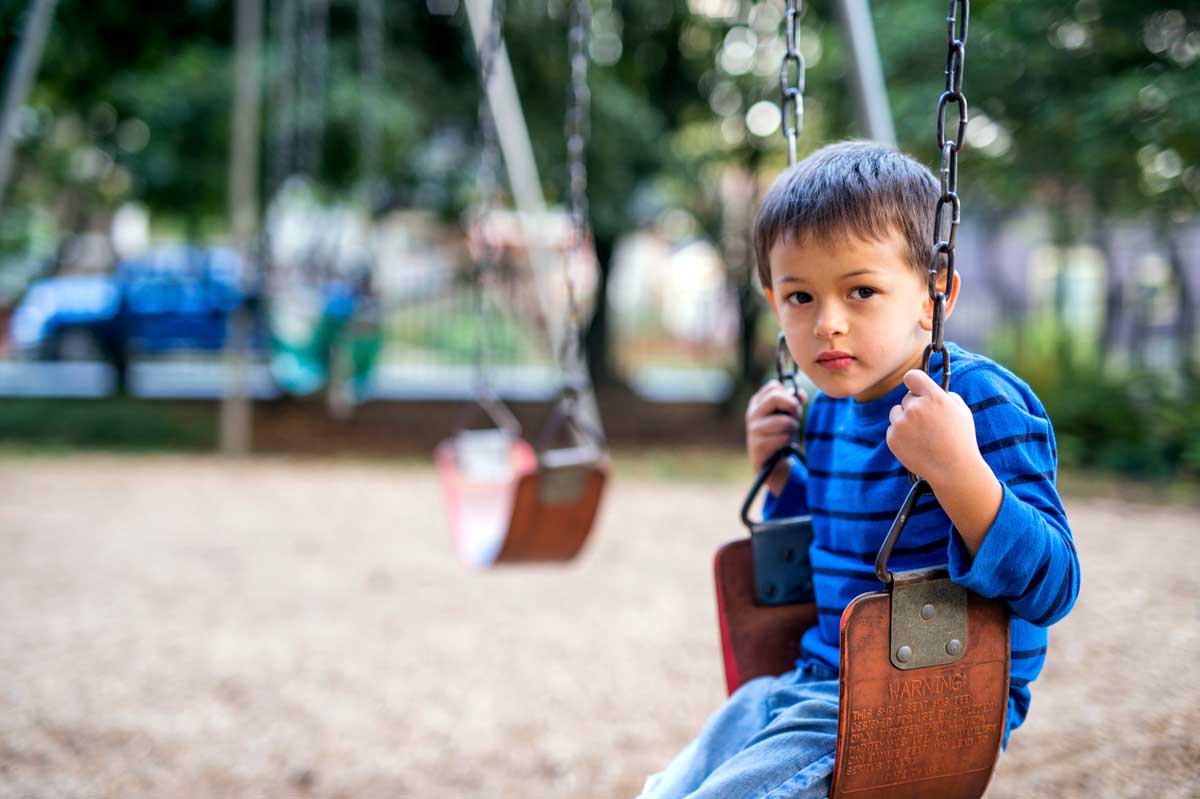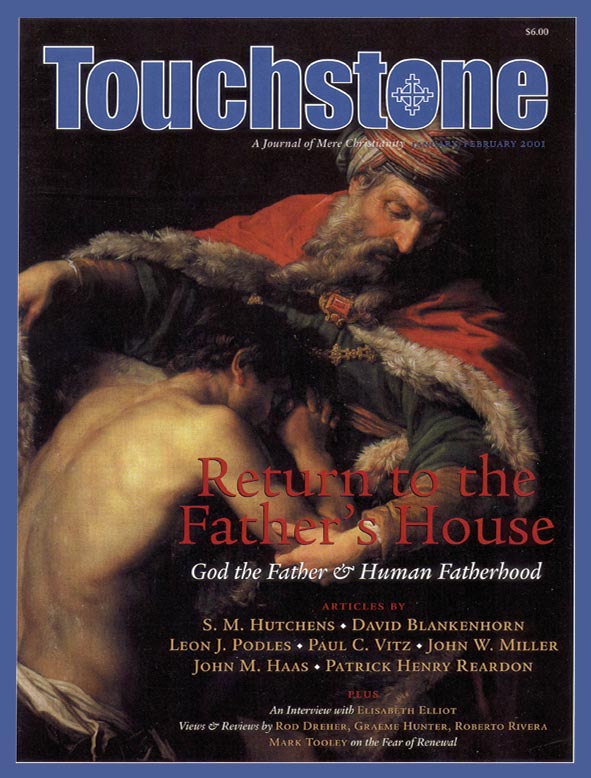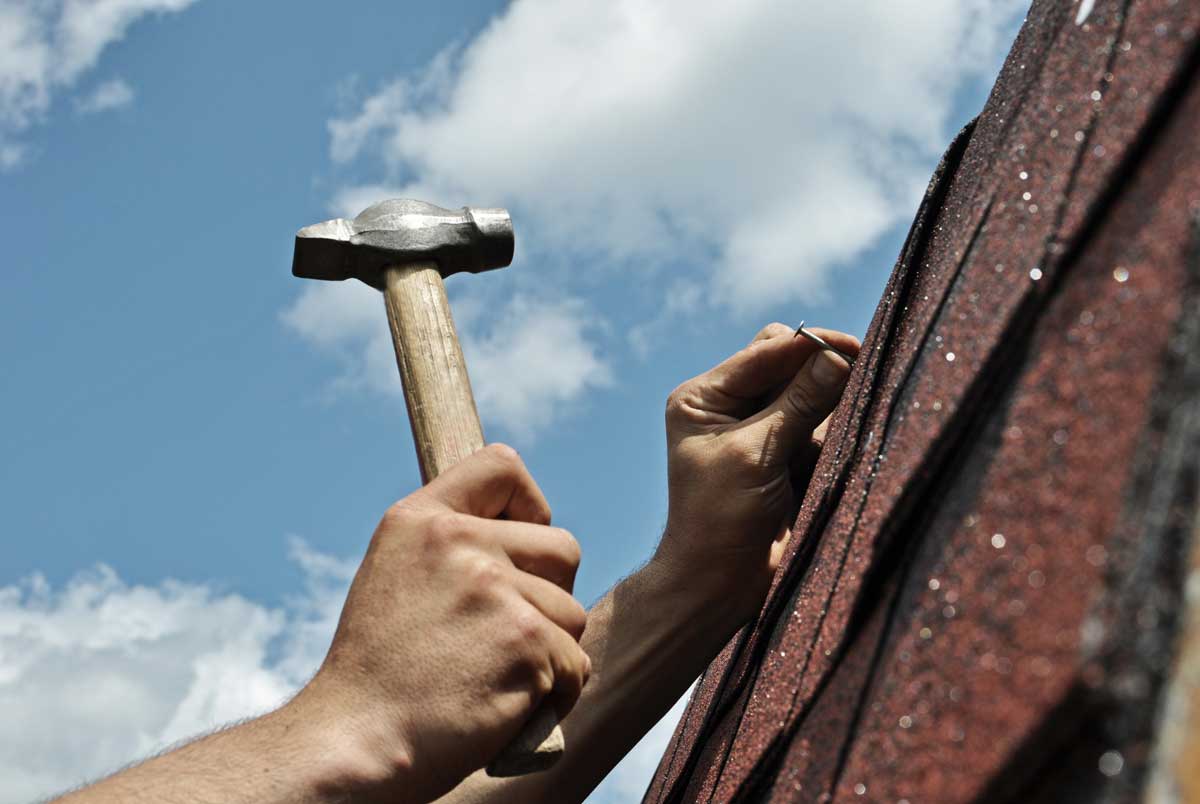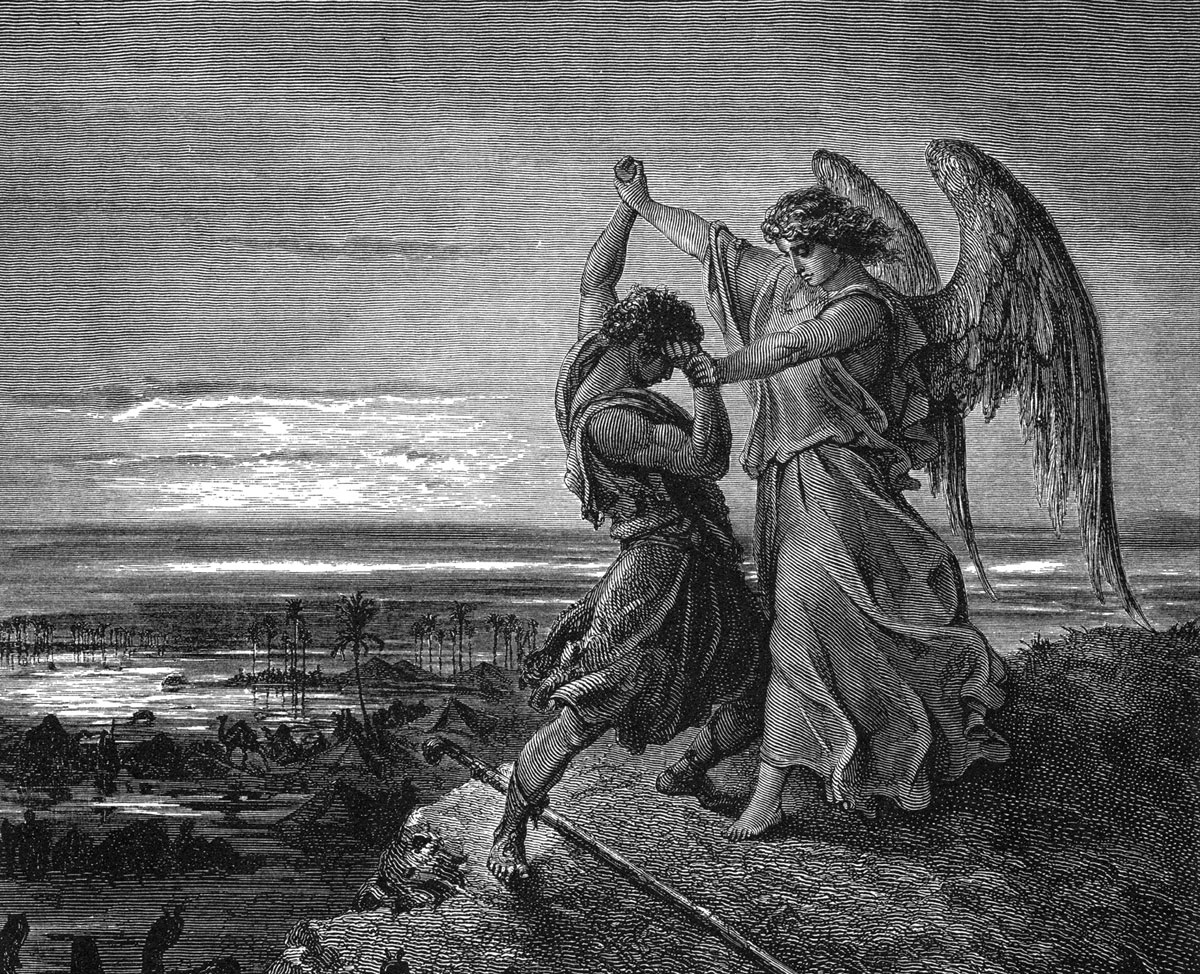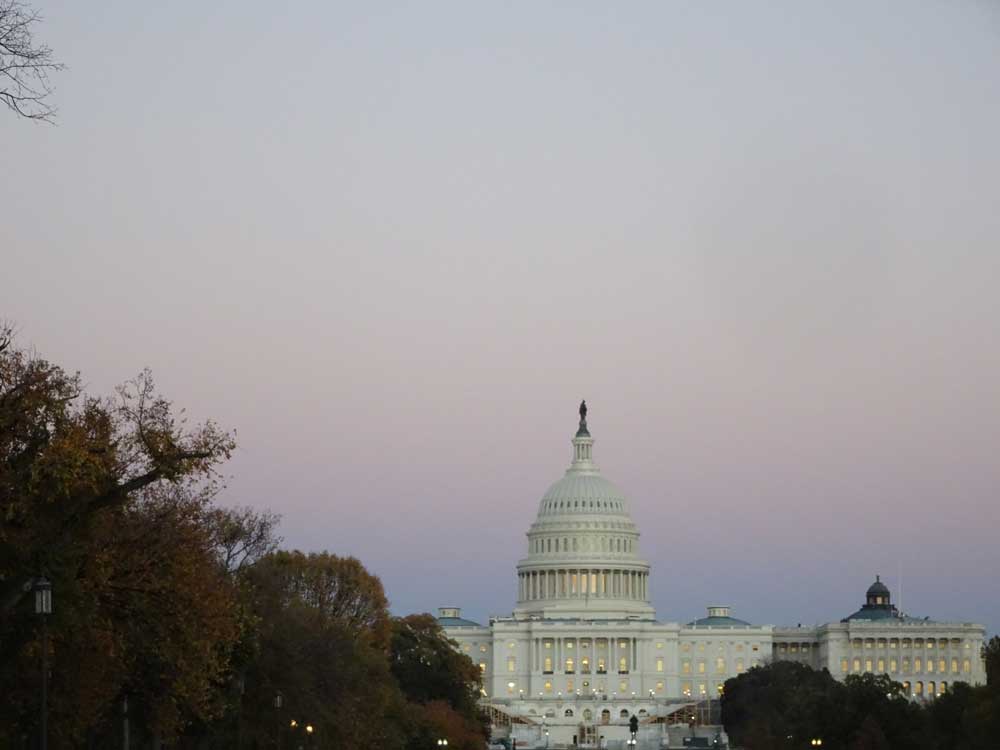Feature
Fatherhood Uprooted
A Sociologist Looks at Fatherlessness & Its Causes
by David Blankenhorn
I would like to enter the vast subject of the relationship between human and divine fatherhood by using the images of foliage and roots. Foliage is what grows above the ground, the blossoms and flowerings that are easy to see, colorful, diverse, and able to be photographed nicely. The roots are under the surface but are fundamental and the source from which the foliage grows.
The modern debate in the United States about the status of fathers really emerged in the early to mid-1990s, and it has been largely focused on the foliage, the sociological crisis of fathers. Yet with a very few but important developments in recent years, I see the discussion shifting more in the direction of roots, which are the spiritual dimensions of fatherhood and the spiritual sources of contemporary father absence.
Haves and Have-Nots
First, the foliage. The main facts are well known. Forty percent of the children in this country tonight will go to sleep in homes in which their fathers do not live. Before they reach the age of 18, more than half of all American children are likely to spend at least a significant part of their childhood living apart from their fathers. This situation is historically unprecedented. This generation is entering new territory, because never before in the history of this country—never before in the history of any country—have this many men been separated from the lives of their children and estranged from the mothers of their children.
Our society’s high rate of absent fathers stems in part from the fact that we have the highest divorce rate in the world. More than half of all marriages involving minor children end in divorce. Second, one of every three babies born in the United States is born to a never-married mother. This tendency is now spreading across lines of race and income. It’s growing fastest among older white women with at least one year of college education. So here is the foliage, some fruit, that we are seeing in our society.
This trend of fatherlessness is the main cause of the deteriorating well-being of children today; this is what the scholars are telling us. Childhood is becoming a harder, more difficult experience for so many of our children, despite the fact that the economy is roaring along. As childhood is becoming more difficult, the problems that children are suffering are becoming more acute. So many children are suffering in ways that are alarming. The scholars tell us that this massive defection of the fathers is at the heart of the deterioration of the well-being of children in our society.
They also tell us that this trend of father absence is the engine that’s driving our worst social problems. If you look at crime, teen pregnancy, children in poverty, domestic violence against women, and child abuse and neglect, what the scholars are telling us is that these problems are not isolated ills. There is an underlying force that is driving the increase of these problems and that underlying trend is this unprecedented spread of father absence. It is almost as if someone had divided the country in half and said, “Let’s put all those children who are going to live with their fathers until they reach age 18 here, on one side of the Mississippi River. And on the other side we’ll put all of the children who will not be living with their fathers through their 18th birthday.” The two sides would be roughly equal in numbers, and the country would be divided in two.
I believe that in our society, in the first few decades of this new century, the principal dividing line between the haves and the have-nots will not be what color you are, what language you speak, to what religion you belong, or where you live. It will be a question of patrimony. Which of us had fathers, and, therefore, which of us received the kind of advantage in life that comes with having a father who loves you and cares about you and cares about your mother? Which half of us, of the next generation of adults, will not have had that? That’s the foliage. That’s the sociology of what we’re seeing today.
Fathers & Sons
An indication of this growing dichotomy can be seen in the recent decline of the crime rate. One of the reasons it has gone down is that we lock up so many of our young men. Everywhere—it doesn’t matter whether you’re a liberal Democratic governor or a conservative Republican governor—the main spending program we have for our young men across the country is prison construction. We lock them up as fast as we can: as fast as we can build the prisons—that’s how fast we fill them with our young men.
subscription options
Order
Print/Online Subscription

Get six issues (one year) of Touchstone PLUS full online access including pdf downloads for only $39.95. That's only $3.34 per month!
Order
Online Only
Subscription

Get a one-year full-access subscription to the Touchstone online archives for only $19.95. That's only $1.66 per month!
bulk subscriptions
Order Touchstone subscriptions in bulk and save $10 per sub! Each subscription includes 6 issues of Touchstone plus full online access to touchstonemag.com—including archives, videos, and pdf downloads of recent issues for only $29.95 each! Great for churches or study groups.
Transactions will be processed on a secure server.
more on fatherhood from the online archives
more from the online archives
calling all readers
Please Donate
"There are magazines worth reading but few worth saving . . . Touchstone is just such a magazine."
—Alice von Hildebrand
"Here we do not concede one square millimeter of territory to falsehood, folly, contemporary sentimentality, or fashion. We speak the truth, and let God be our judge. . . . Touchstone is the one committedly Christian conservative journal."
—Anthony Esolen, Touchstone senior editor





